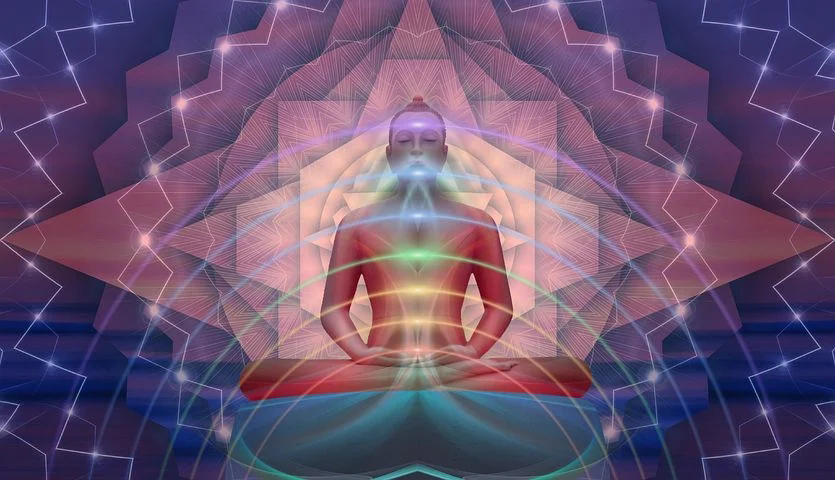What is KARMA?
Karma is a concept that originated from Indian religions and philosophies, such as Hinduism, Buddhism, and Jainism. It refers to the idea of cause and effect, where one's actions and intentions in the present or past life shape their future experiences or circumstances. In other words, karma is the belief that one's actions, whether positive or negative, have consequences that affect their life and well-being.
According to the concept of karma, every action or intention, good or bad, creates an imprint on the individual's soul or consciousness, and these imprints accumulate over time. The consequences of these imprints may be experienced in the current life or in future lives, depending on the belief system. Good actions or intentions are believed to lead to positive consequences, while bad actions or intentions may result in negative consequences.
Karma is often seen as a moral law or cosmic justice that governs the cycle of birth, death, and rebirth (reincarnation) in many Eastern religions. It is also sometimes interpreted as a way to explain why people experience different situations or circumstances in life, such as wealth, health, or suffering, based on their past actions or intentions.
It's important to note that interpretations and beliefs about karma may vary among different cultures, religions, and philosophical systems. Some see it as a strict cause-and-effect mechanism, while others see it as a guiding principle for ethical behavior or a means to attain spiritual liberation. It is a complex concept with diverse interpretations and applications in different spiritual and philosophical traditions.









No comments:
Post a Comment